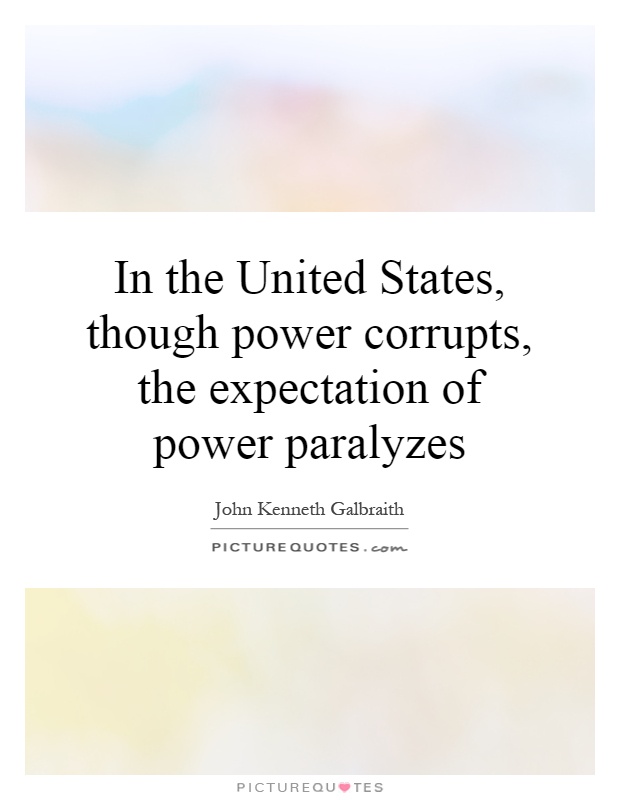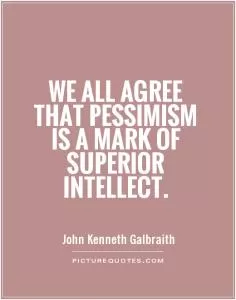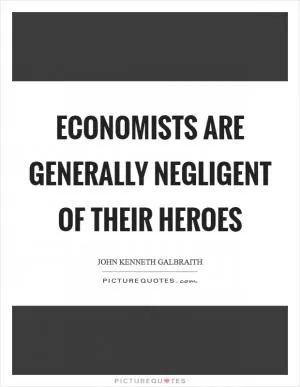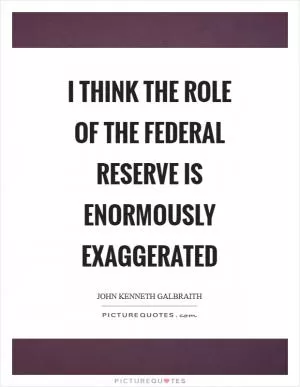In the United States, though power corrupts, the expectation of power paralyzes

In the United States, though power corrupts, the expectation of power paralyzes
John Kenneth Galbraith, a renowned economist and public intellectual, once famously said, "In the United States, though power corrupts, the expectation of power paralyzes." This statement encapsulates the complex relationship between power and individuals in American society, particularly in the political and economic spheres.Galbraith's observation about power corruption is a well-documented phenomenon throughout history. When individuals are granted power, whether it be political, economic, or social, there is a tendency for them to abuse that power for personal gain or to further their own interests. This can lead to corruption, unethical behavior, and a disregard for the well-being of others. In the United States, there have been numerous instances of power corruption, from political scandals to corporate fraud, that have shaken public trust in institutions and individuals in positions of power.
However, Galbraith's assertion that the expectation of power paralyzes is equally insightful. The pursuit of power, whether it be political ambition or the desire for wealth and influence, can often lead individuals to become paralyzed by fear, insecurity, and indecision. The pressure to maintain power, to live up to expectations, and to constantly strive for more can be overwhelming and stifling. This can result in individuals becoming risk-averse, complacent, and unwilling to challenge the status quo.
In the context of John Kenneth Galbraith, a man who was known for his critical analysis of capitalism and the power dynamics within society, his statement takes on added significance. Galbraith believed that the concentration of power in the hands of a few wealthy individuals and corporations was detrimental to society as a whole. He argued that this concentration of power led to inequality, exploitation, and a lack of accountability.












 Friendship Quotes
Friendship Quotes Love Quotes
Love Quotes Life Quotes
Life Quotes Funny Quotes
Funny Quotes Motivational Quotes
Motivational Quotes Inspirational Quotes
Inspirational Quotes